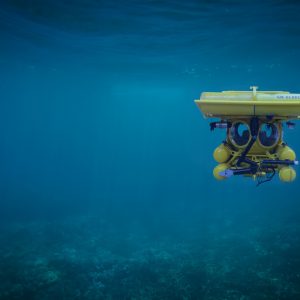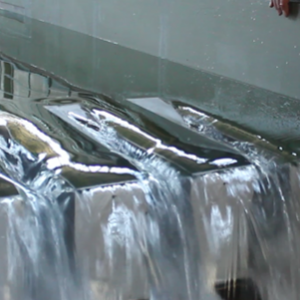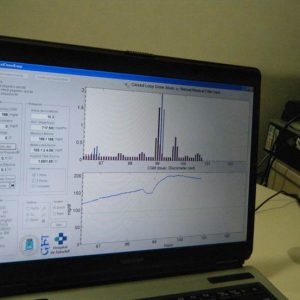Brief description of the solution and the added value it delivers
DCblocks are application-specific, hyperconverged solutions that include computing, storage and networking equipment; power and cooling infrastructure, and management software. With these ‘Lego pieces’ it is possible to construct data centres with minimal cooling requirements in any climate, achieving unheard-of computing densities of up to 20 times the maximum density on the market. Furthermore, using this technology significantly reduces the investment necessary to set up a new data centre and allows operational models based on renting or leasing to be developed. DCblocks’ characteristics make them the ideal solution for implementing the edge data centres needed for large-scale Internet of Things (IoT) applications and smart cities. Lab prototypes have been tested intensively in collaboration with 3M, InvesTech and Adam.
Description of the technological basis
A DCblock is a shipping container containing immersion tanks specially designed for a given application. These tanks house a large number of pieces of computing hardware, without metal casing, heat sinks or fans, in order to increase the density, within a dielectric fluid. That coolant evaporates when the processors heat up, absorbing a large amount of heat, which also dissipates passively, until it condenses again at the top of the tank.
Our predictive algorithms allow us to work close to the fluid’s operating limits, increasing the maximum density well above any other solution on the market. Plus, the integrated nature of the solution makes it easy to deploy in any environment.
‘Two-phase immersion cooling enables a 20-fold increase in the maximum computing density available on the market without significant energy use.’
Business needs / application
Cryptocurrency mining, cloud computing infrastructure, big data infrastructure
Market niches for data centres where there is limited differentiation and intense price competition. They need to innovate and would therefore be the first to adopt the technology. In all such markets, the energy cost amounts to billions every year and our solution can reduce that consumption by up to 50%.
Improving the energy efficiency of data centres
In Europe, they go down frequently, due to the electricity distribution infrastructure being saturated, and the power density continues to rise.
Two-phase immersion cooling (TIC) applied to intelligent transport systems
The information processing requirements of assisted driving or autonomous vehicle systems are enormous. The current edge computing solutions are very expensive and are not suitable for warm climates.
TIC applied to health / 5G
Personalised medicine can lead to significant savings for public health systems and a major improvement in the quality of life, in particular, of those with chronic diseases and the elderly. However, applying it at population level is complicated, because it requires edge computing (there is too much data to be sent to the cloud) and the current solutions are expensive and not suitable for every climate.
Competitive advantages
-
Ability to control the start-up of the immersion tank, acting on the distribution of resources in order to prevent the temperature from reaching critical values; and
-
Ability to control the maximum temperature by distributing the workload and adjusting the secondary cooling circuit, to avoid reaching critical flow, which would cause the temperature to rise suddenly to very dangerous levels.
-
Such control is possible thanks to predictive modelling techniques and simplification of the models obtained.
References
This project has received funding and support from private and public entities, including 3M, Adam, CDTI and other national authorities.
Stage of development
-
Concept
-
Research
-
Lab prototype
-
Industrial prototype
-
Production
Contact
DCblocks contact
José M. Moya, Patricia Arroba
e:
UPM contact
Innovation and Entrepreneurship Programmes
Technological Innovation Support Centre (CAIT) – UPM













